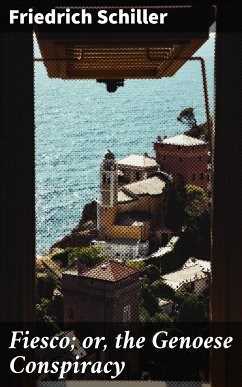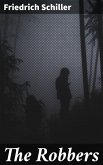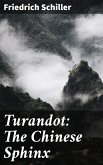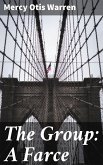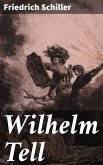In "Fiesco; or, the Genoese Conspiracy," Friedrich Schiller unfolds a gripping historical drama set against the backdrop of 16th-century Genoa, interweaving themes of ambition, betrayal, and the struggle for power. The play employs a rich, emotive language reflective of Schiller'Äôs neoclassical style, fusing Sturm und Drang's intensity with philosophical underpinnings. With its intricate characterizations and moral dilemmas, the play not only captivates the reader'Äôs imagination but also serves as a commentary on the nature of tyranny and the human condition, echoing classical tragedies and invoking poetic musings on freedom and responsibility. Friedrich Schiller, a seminal figure in German literature, was profoundly influenced by the sociopolitical turbulence of his time, including the French Revolution and the quest for individual liberty. His background as a soldier, playwright, and philosopher provided him with a unique lens through which to explore existential themes, driving him to create works that challenge societal norms and inspire moral contemplation. Schiller'Äôs passion for history and its capacity to reflect human nature is palpably present in this play. This play is recommended for those interested in a blend of historical narrative and psychological depth. Schiller's meticulous construction of character arcs offers profound insights into ambition and ethical choice, making "Fiesco" a compelling read for enthusiasts of drama and history alike.
Dieser Download kann aus rechtlichen Gründen nur mit Rechnungsadresse in A, B, BG, CY, CZ, D, DK, EW, E, FIN, F, GR, H, IRL, I, LT, L, LR, M, NL, PL, P, R, S, SLO, SK ausgeliefert werden.

